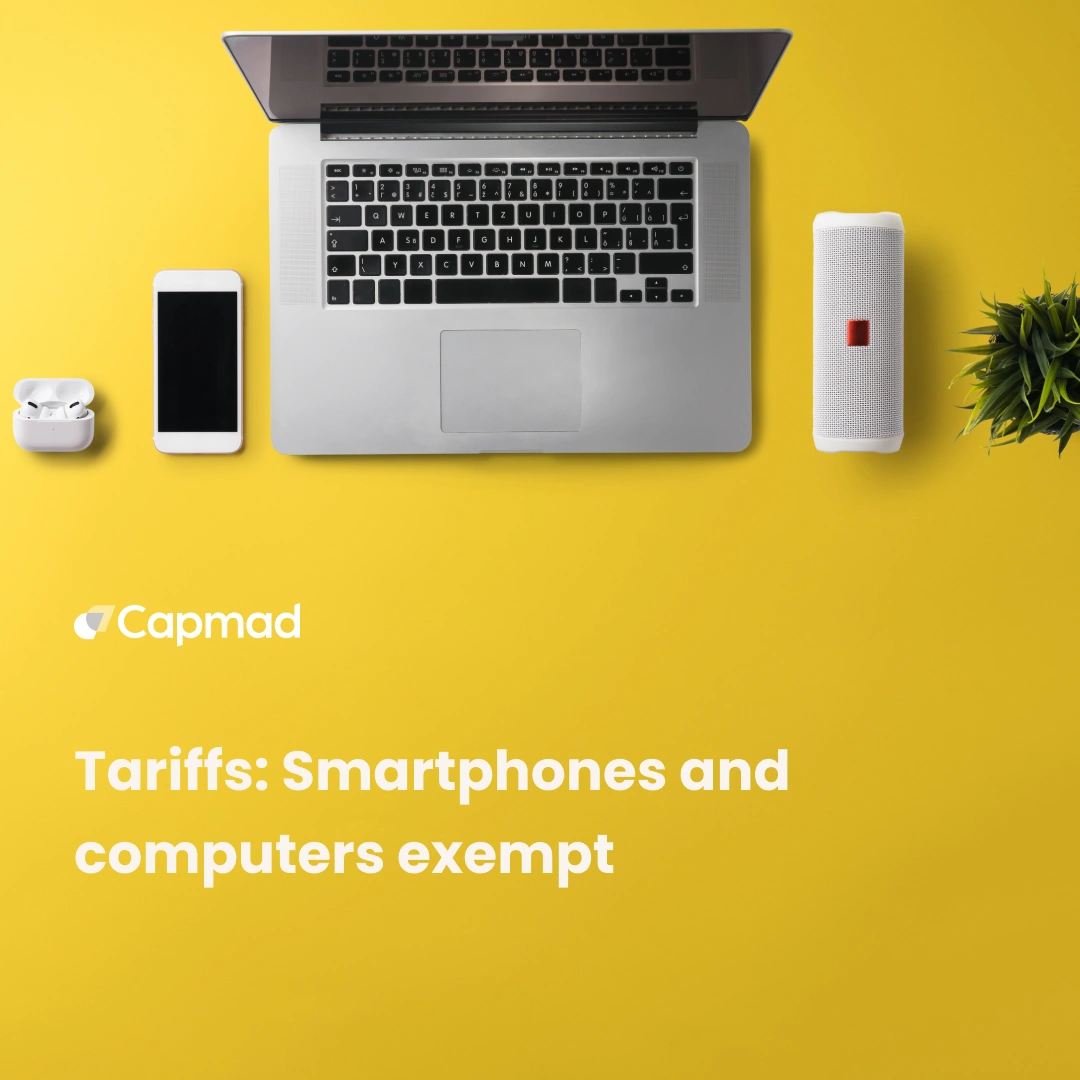According to forecasts from the International Monetary Fund (IMF), South Africa is expected to reclaim its position as the top economic power on the continent by 2024. However, based on these estimates, the following year, the rainbow nation is projected to be surpassed by Nigeria, subsequently ranking third among African economies by 2026, behind Egypt.
Forecast on the economic growth of the continent
The International Monetary Fund’s « World Economic Outlook » report anticipates economic growth of 3.8 % in 2024 for Sub-Saharan Africa, compared to 3.3 % the previous year. Its gross domestic product (GDP) is expected to increase by 4.1 % in 2025, surpassing the global average estimated at 3.2 %. This progress stems from mitigating the adverse effects of previous weather shocks and gradually resolving supply issues.
Ranking of African countries with the largest GDP
According to the IMF, South Africa’s GDP stands at 401 billion USD in 2024, placing it at the top of the continent’s economic powers. This estimate surpasses that of Nigeria, which is evaluated at 395 billion USD, and Egypt, at 358 billion USD. However, South Africa’s dominant position will be temporary despite its status as the most industrialized nation on the continent.
In 2025, Nigeria will regain its title as the largest economy in Africa. Meanwhile, Egypt will reclaim the second-place spot in the ranking in 2026, relegating South Africa to third place. Algeria, Morocco, and Ethiopia closely follow in the economic ranking. The World Bank estimates that Algeria’s GDP will reach 234 billion USD in 2024 and rise to 245 billion USD the following year.
In 2023, Morocco recorded a GDP growth of 2.8 %, reaching a GDP of 134.57 billion USD. With a growth rate of 5.8 %, Ethiopia’s GDP stands at 134.22 billion USD. For 2024, the Moroccan economy is projected to grow by 3.1 %, with an estimated GDP of 138.75 billion USD. Meanwhile, Ethiopia is expected to achieve a growth rate of 6.2 %, bringing its GDP to 142.54 billion USD.
Main Causes of South Africa’s Progression
South Africa’s temporary rise to the top of the African economic powers ranking is primarily due to the contraction of Nigeria’s and Egypt’s GDPs, measured in dollars. This reduction stems from a series of crises, including the devaluation of their local currencies against the US dollar.
However, South Africa records a modest GDP growth, reaching 1.8 % in 2024. This persistent weakness largely stems from deficient physical and social infrastructure. A prolonged electricity crisis reduces businesses’ production capacity, compounded by limited domestic demand. Logistic constraints hinder the country’s economic activity, especially in the transportation sector.
Factors Contributing to the Decline of Nigeria’s GDP
The regression of Nigeria in this ranking is primarily attributable to the fall of the naira against the dollar. This depreciation stems from the decrease in oil production, leading to record inflation in the country. However, in 2024, Nigerian President Bola Tinubu initiates bold structural reforms to restore public finances. This includes the removal of fuel subsidies and the unification of the national currency’s exchange rate.
Although these reforms currently result in increased inflation and devaluation of the Nigerian currency, the initiative is expected to bear fruit soon. According to Daniel Leigh, division chief at the IMF’s research department, during the Annual Meetings of the institution and the World Bank in Marrakech, these reforms should lead to more robust and more inclusive economic growth.
Growth prospects for South Africa
South Africa stands poised to become a future economic leader on the continent. The country is pivotal in African trade, serving as the top intra-regional exporter and importer. Its industrial sector contributes significantly, accounting for 60 % of the total manufacturing output in the southern region. Additionally, South Africa’s economy benefits from abundant natural resources, including substantial gold, diamonds, manganese, chrome, and platinum reserves.
South Africa boasts the highest number of high-net-worth individuals in Africa, representing 30 % of the continent’s most significant private wealth. With 37,800 individuals possessing private assets exceeding 1 million USD and a substantial number of centi-millionaires, the participation of wealthy individuals in local trade could significantly stimulate the country’s economy.
To realize this potential, the local government must prioritize addressing infrastructural challenges, particularly in the logistics and energy sectors. During the South African Reserve Bank Biennial, the fund’s first deputy general manager highlighted that South Africa could achieve annual economic growth of 2.5 to 3 % by implementing appropriate structural reforms.







